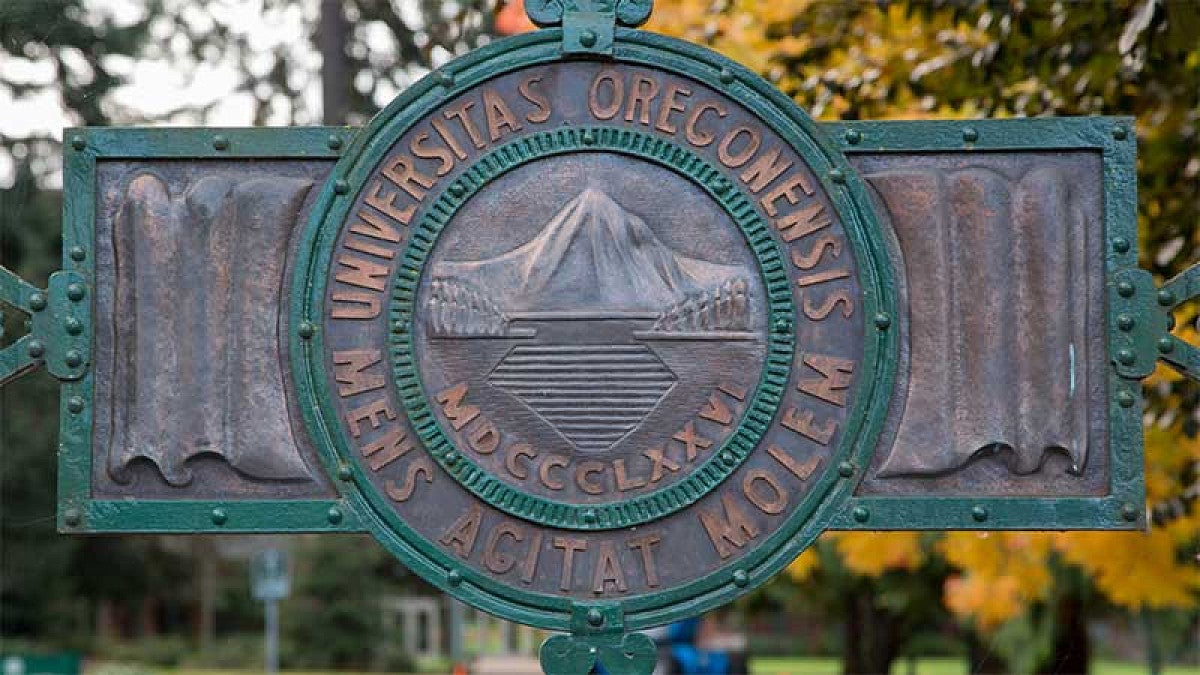The Academic and Student Affairs Committee of the Board of Trustees of the University of Oregon voted to move forward with undergraduate degree proposals in data science and bioengineering during a meeting Jan. 27.
Information about the new degree programs was presented to the board at its Dec. 9 regular meeting, but the proposals required additional institutional approvals before the trustees’ vote. The two degrees proposals now go to the state for consideration.
The undergraduate degree in data science is one of several proposals to come from the Presidential Initiative in Data Science. The initiative launched by President Michael H. Schill in 2017 aims to strengthen the UO’s ability to help solve some of the world’s greatest challenges through the use of data.
“The world is awash in data, and the tools and skills necessary to extract knowledge from this data are becoming ever more complex,” said Bill Cresko, executive director of the data science initiative. “This degree, with a focus not only on quantitative and computational skills but also data science communication and ethics, will prepare UO students to be leaders in the use of data to tackle society’s biggest problems.”
The UO’s degree puts an emphasis on the application of data science to subject areas such as geography, biology, linguistics, marketing analytics and accounting analytics.
A January 2019 report from a top job website showed that data science jobs exist in nearly every sector of the economy, with a 29 percent increase in demand for data scientists each year and a 344 percent increase since 2013.
The broad and interdisciplinary bioengineering program will equip students for a variety of specialties in the life sciences, including medical devices, pharmaceuticals, imaging, and clinical and academic research.
“We are very excited about the opportunity to provide students access to the UO’s first engineering degree program while meeting the state’s need for highly trained graduates to support the burgeoning biosciences industry,” said Jim Hutchison, senior associate vice president at the Phil and Penny Knight Campus for Accelerating Scientific Impact.
According to Oregon Bio, a trade association that supports the regional bioscience community, bioscience has contributed more than $10 billion to Oregon’s economy and is represented in nearly every county. Growth in bioscience jobs grew 76 percent from 2002 to 2017.
The approvals come on the heels of the committee’s Dec. 9 approval for a new neuroscience degree. According to the U.S. Department of Labor’s Bureau of Labor Statistics, employment in life, physical and social science occupations is projected to grow 7 percent from by 2028, faster than the average for all other occupations.
The bioengineering degree proposal must now be approved by the Statewide Provosts Council, and then both proposals will go before Oregon’s Higher Education Coordinating Commission. If the state commission approves the programs, the final step is review by UO’s accrediting body, the Northwest Commission on Colleges and Universities.
If approved this winter and spring, the data science degree program would start as early as fall 2020. The bioengineering program is slated to begin as early as fall 2021.
—By Molly Blancett, University Communications


